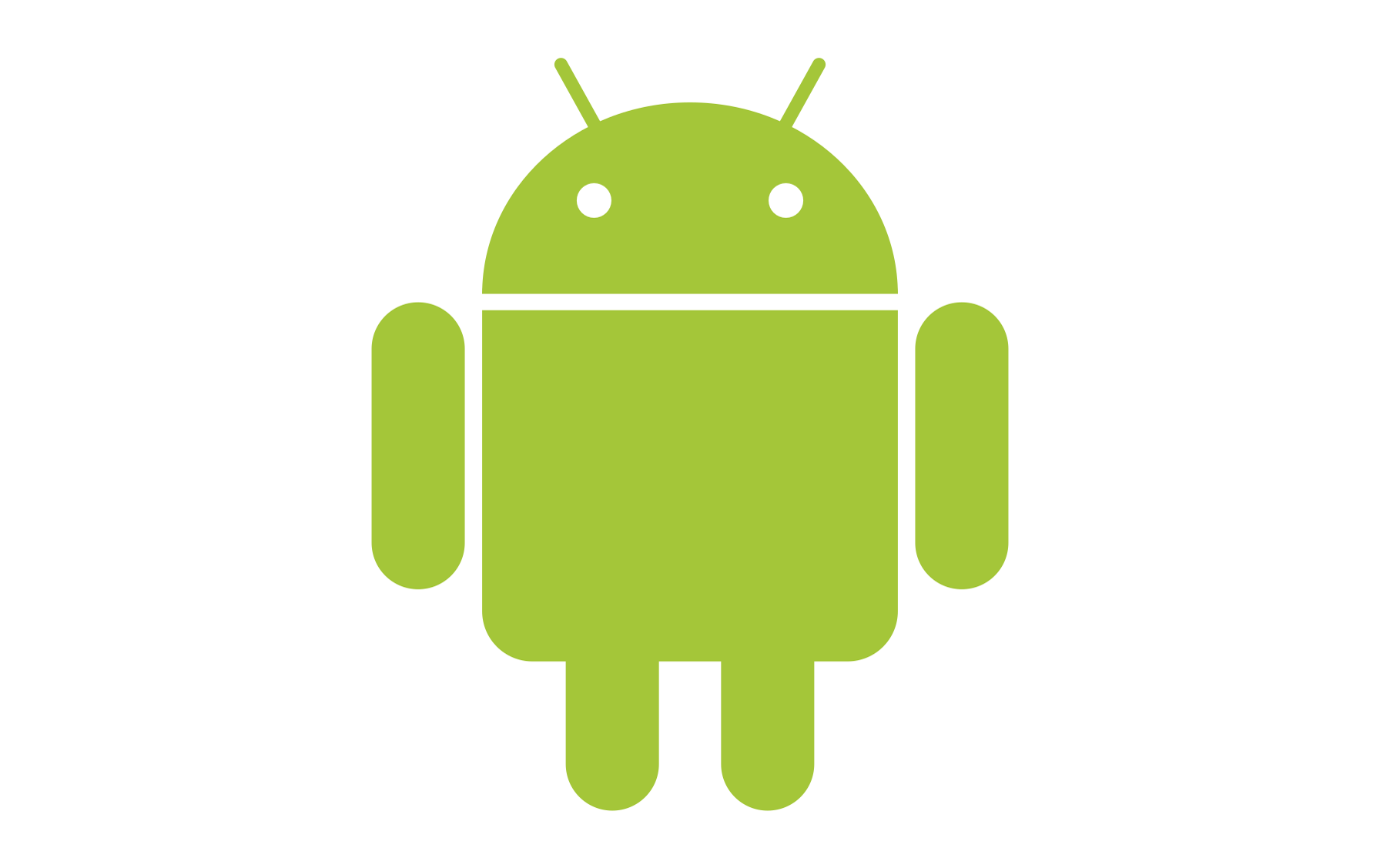In today’s digital age, mobile app development is a thriving and dynamic field, and Android app development, in particular, offers a wealth of opportunities. With millions of Android devices in use worldwide, the demand for skilled Android app developers is continually growing. If you’re interested in launching a career as an Android app developer, this comprehensive guide will walk you through the essential steps, tools, and skills you need to get started and thrive in this exciting field.
- Understanding the Basics
Before diving headfirst into Android app development, it’s crucial to understand the basics. Familiarize yourself with the following concepts:
- Java/Kotlin: Android app development primarily uses Java and Kotlin as programming languages. Learn the syntax, data structures, and object-oriented programming principles.
- XML: XML is used for creating user interfaces (UI) in Android. Learn how to design layouts and interface elements using XML.
- Android Studio: Android Studio is the official integrated development environment (IDE) for Android app development. Install it and become familiar with its features.
- Learning the Android Framework
The Android framework provides the building blocks for creating Android apps. Key components include:
- Activities: These represent different screens or windows in your app.
- Fragments: Fragments are reusable UI components that can be used within activities.
- Intents: Intents are used for communication between components of your app or even between different apps.
- Views and ViewGroups: Learn about various UI elements like buttons, text fields, and layouts.
- Mastering Kotlin (or Java)
While Java has historically been the primary language for Android development, Kotlin has gained popularity due to its concise syntax and enhanced safety features. Learn one or both of these languages to code effectively.
- User Interface (UI) Design
A well-designed user interface is essential for user satisfaction. Understand the principles of Material Design, Android’s design language, and how to create responsive and visually appealing layouts. Familiarize yourself with XML for designing UI components.
- Database and Data Storage
Apps often need to store and retrieve data. Learn how to work with SQLite databases, or consider using Firebase or Room, which simplifies database operations.
- Networking and APIs
Many apps rely on internet connectivity to fetch data or interact with web services. Study how to make network requests using libraries like Retrofit and work with RESTful APIs.
- Version Control
Proficiency in version control systems like Git is essential for collaboration and managing code revisions effectively.
- Testing and Debugging
Learn how to write unit tests and conduct UI testing to ensure your app functions correctly. Debugging skills are invaluable for troubleshooting issues.
- Publishing on Google Play
To share your creations with the world, understand the process of publishing apps on the Google Play Store. This involves creating a developer account, adhering to guidelines, and optimizing app listings.
- Continuous Learning
The tech industry evolves rapidly, and Android development is no exception. Stay updated with the latest trends, tools, and Android updates. Engage in online communities, attend conferences, and read developer blogs.
- Building a Portfolio
As a beginner, it’s essential to showcase your skills. Create a portfolio of your Android projects, both personal and collaborative. Share your work on platforms like GitHub and create a personal website to display your projects and resume.
- Networking and Collaboration
Join online developer communities, attend local meetups, and connect with other developers. Collaboration on open-source projects or app development teams can provide valuable experience.
- Freelancing or Internships
If you’re struggling to find a full-time Android developer job initially, consider freelancing or interning to gain practical experience. These opportunities can also help you build a professional network.
- Job Search and Interviews
When you’re ready to enter the job market, create a compelling resume and LinkedIn profile. Prepare for technical interviews by practicing common coding challenges and demonstrating your problem-solving skills.
- Staying Ethical and Secure
Be aware of ethical considerations, including user data privacy and security. Ensure that your apps adhere to ethical guidelines and industry best practices.
- The Android Ecosystem
Explore the diverse Android ecosystem, including Android TV, Android Wear, and Android Auto. Diversifying your skill set can open up additional career opportunities.
- Monetization Strategies
Learn about various monetization strategies for your Android apps, such as in-app advertising, freemium models, and premium app sales.
- Emerging Trends
Stay ahead in the Android development field by exploring emerging trends, such as augmented reality (AR), virtual reality (VR), and Internet of Things (IoT) integration.
Conclusion
Becoming a successful Android app developer is an exciting journey that involves continuous learning and adaptation to industry trends. By mastering the fundamental skills, staying updated, building a strong portfolio, and networking with fellow developers, you can pave the way for a rewarding career in Android app development. Whether you’re aiming to work for a tech company, start your own app development business, or freelance, the Android platform offers a world of possibilities for those willing to invest time and effort into their craft.

